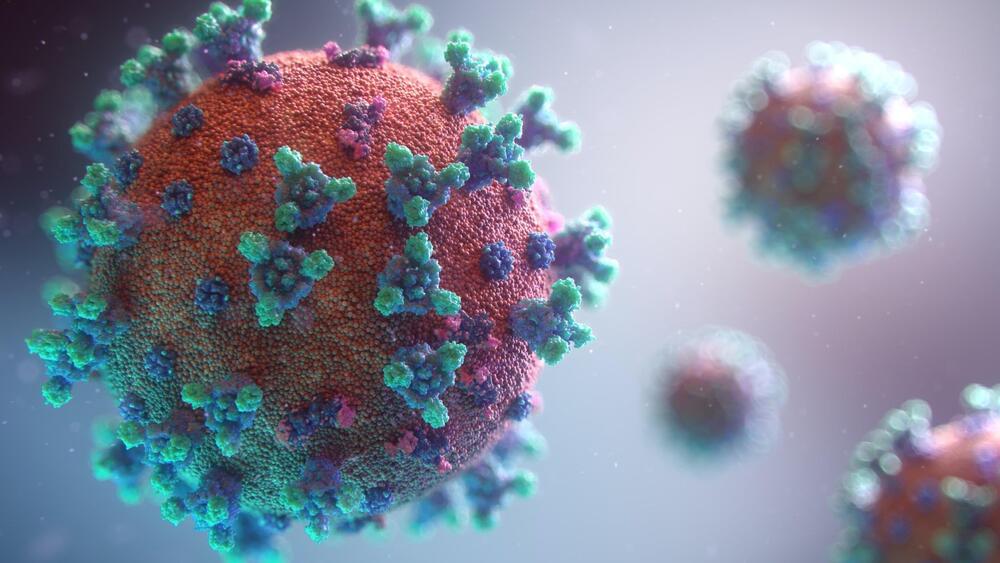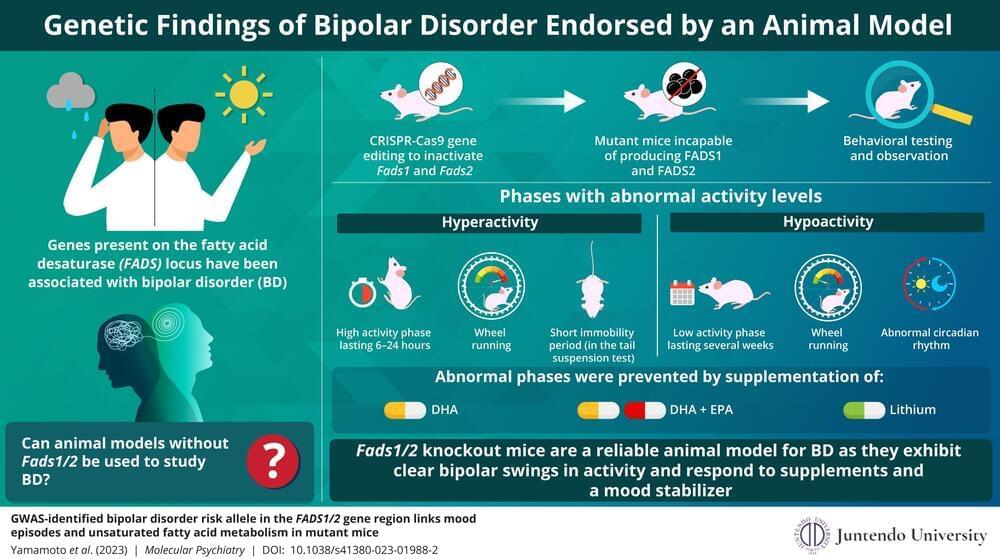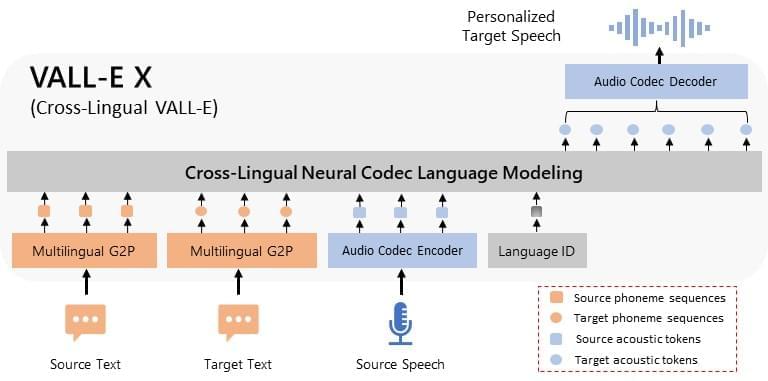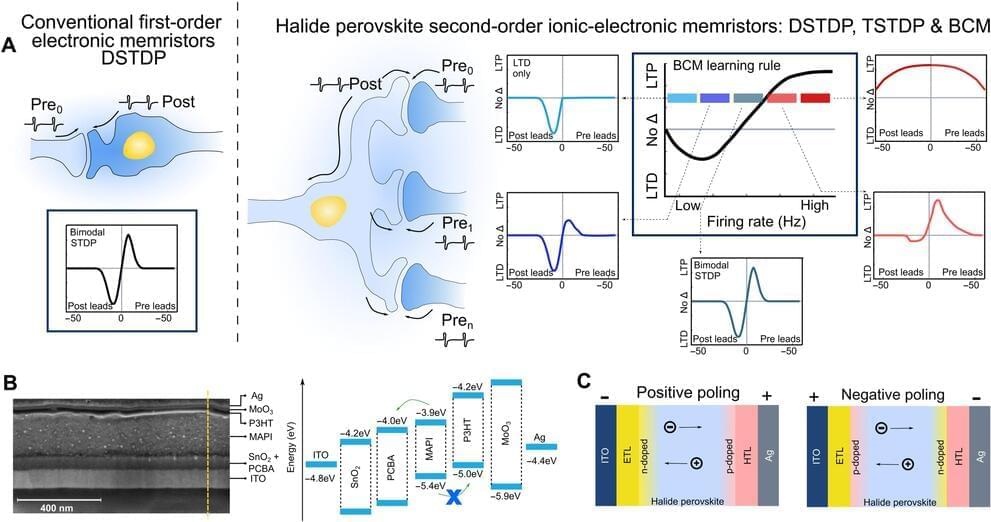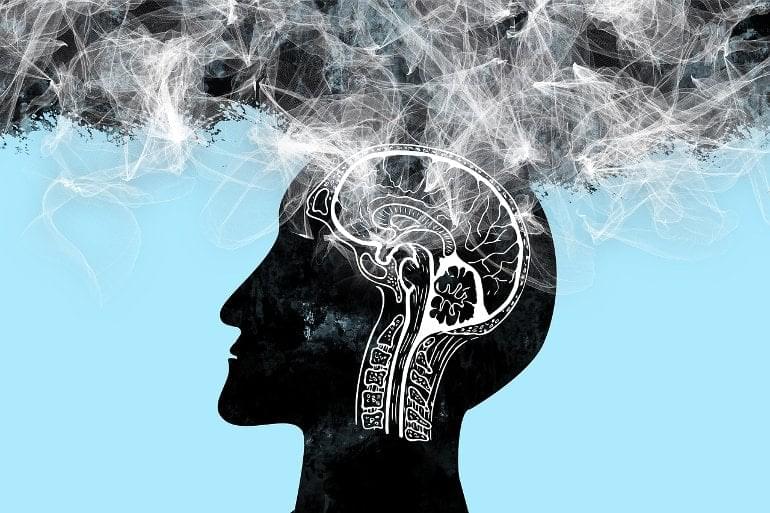A pilot trial by investigators from Brigham and Women’s Hospital, a founding member of the Mass General Brigham health care system, tested the nasal administration of the drug Foralumab, an anti-CD3 monoclonal antibody. Investigators found evidence that the drug dampened the inflammatory T cell response and decreased lung inflammation in patients with COVID-19. Further analysis showed the same gene expression modulation in patients with multiple sclerosis, who experienced decreased brain inflammation, suggesting that Foralumab could be used to treat other diseases. Their results are published in the Proceedings of the National Academy of Sciences.
“We discovered a way to shut down inflammation not only seen in COVID-19, but also in a patient with multiple sclerosis as well as in healthy patients,” said lead author Thais Moreira, Ph.D., an assistant scientist at the Ann Romney Center for Neurologic Diseases at BWH and an instructor in Neurology at Harvard Medical School. “This is very exciting because not only does our study suggest that this new monoclonal antibody drug is safe and can modulate the immune system without major side effects, but it can also decrease inflammation in multiple realms, so it may be useful for treating other diseases.”
“Inflammation is a major cause of many diseases,” said senior author Howard Weiner, MD, founder and director of the Brigham Multiple Sclerosis Center and co-director of the Ann Romney Center for Neurologic Diseases. “Our center has spent decades looking for novel ways to treat disease where there is abnormal inflammation in a way that is safe and effective.”
